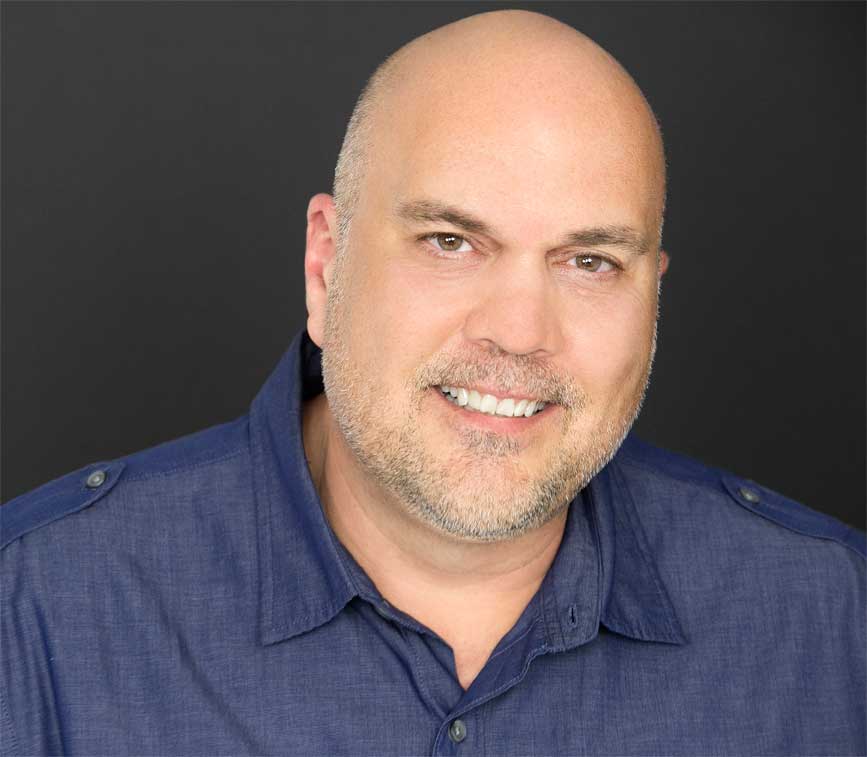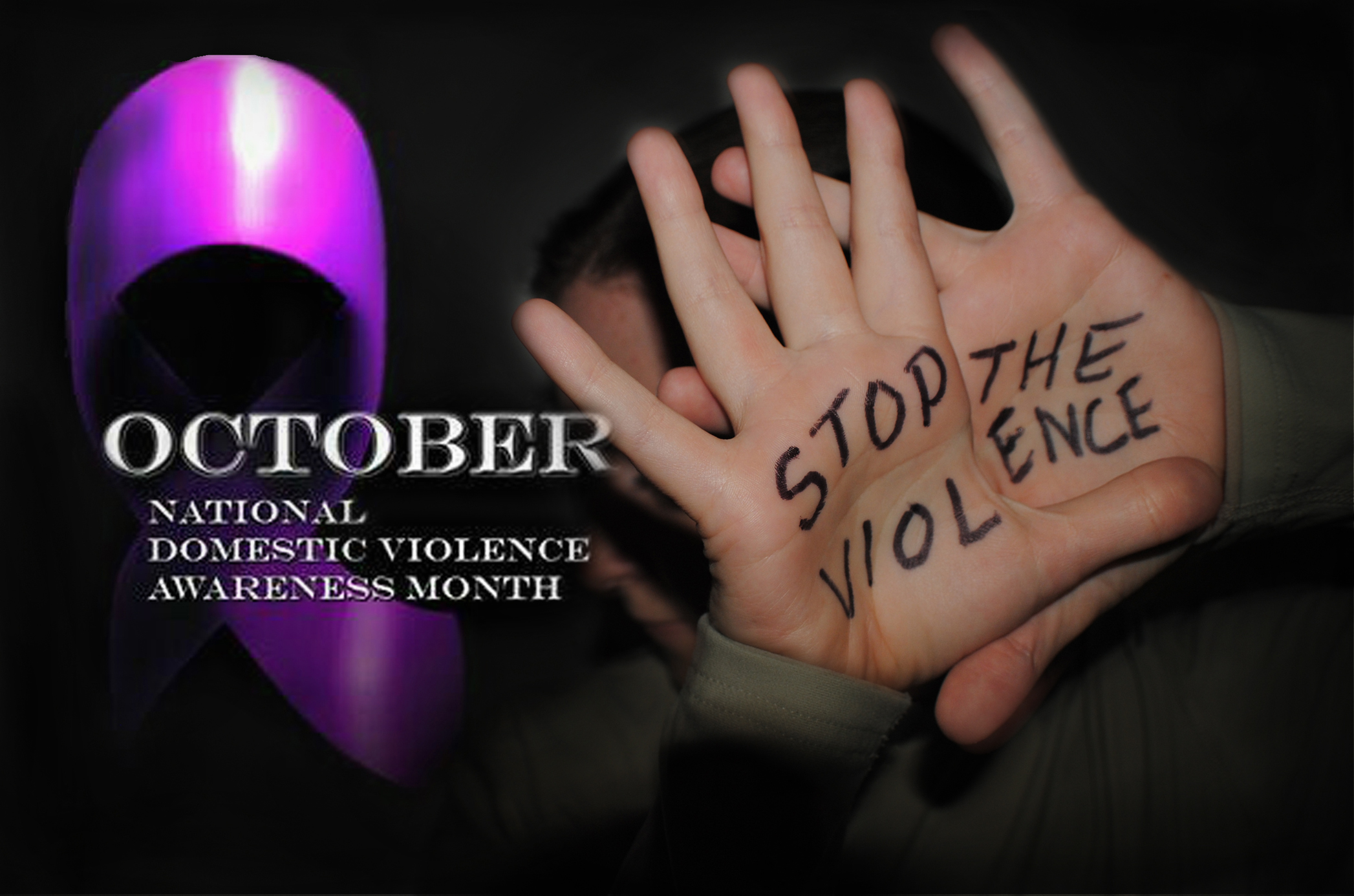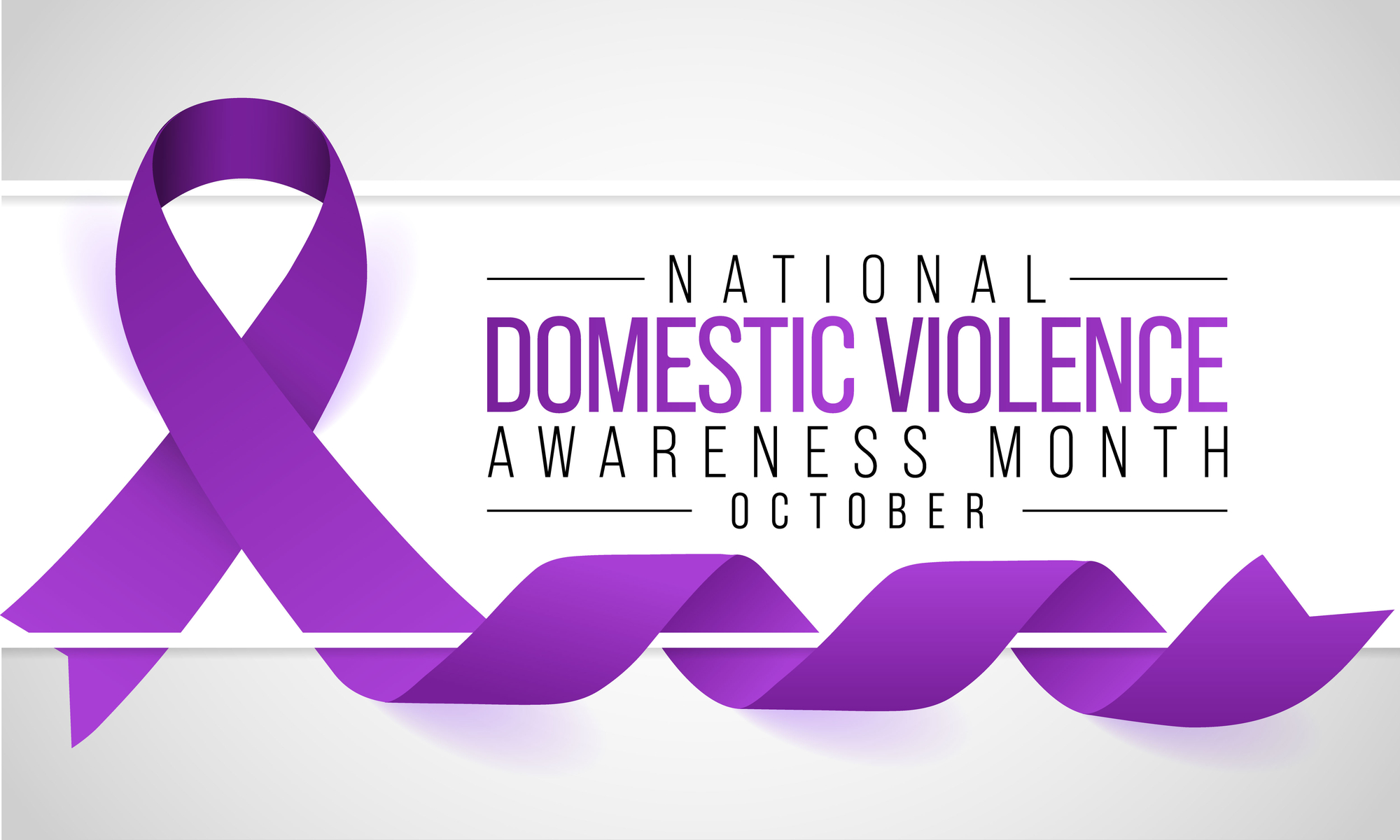IPV/A, the acronym for Intimate Partner Violence and Abuse, is generally referred to as domestic violence and abuse (DVA) within the LGBTQ community. Sadly and unfortunately, this horrific behavior continues to be a critical issue.
What makes matters worse is that stigma is a driving force that keeps this demeaning and demoralizing cycle of abuse “swept under the rug.” It’s the “elephant in the room.” This leads to IPV/A being notoriously under-reported.
As a journalist, I’ve extensively researched and reported on this urgent social problem. And as a radio personality, motivational speaker, advocate, and an interviewee/guest of numerous print, broadcast and online media, I vigorously promote awareness by continuing to shine a bright light on this insidious and corrosive cancer that impacts our society in so many, many ways.
Since Intimate Partner Violence and Abuse can be taboo in the LGBTQ community, I felt that it would be more palatable–and not such a “bitter pill to swallow”–if it were addressed in the form of a work of fiction. That’s why as an author, I pen the popular and well-received “Nothing Can Tear Us Apart” series of novels, which has IPV/A as its overarching theme. “FRENZY!” is the latest installment in the series.
The former is my mission statement. Listening to the heartbreaking experiences of scores of victims and survivors have urged me to become a fierce IPV/A advocate.
This heinous cycle of abuse can be potentially life-threatening. More than we’d like, we continue to hear and read about individuals being emotionally and mentally scarred, physically assaulted, or/and murdered by their partners. So you see, Intimate Partner Violence and Abuse is serious business. Deadly, in fact.
And there’s another reason why I’m so passionate about IPV/A. I’m a survivor. You can read about my experience in an exclusive commentary I wrote for The Advocate, the oldest, largest and most influential LGBTQ print and online publication. Visit: https://www.advocate.com/commentary/2016/12/06/making-great-escape-abusive-relationship
Every October is Domestic Violence Awareness Month (DWAM). It evolved from the “Day of Unity” held in October 1981 and conceived by the National Coalition Against Domestic Violence (NCADV). In recognition of DVAM, I’m presenting a very special series of articles and features the entire month of October. It’s my mission to continue to shine a bright light on this heinous cycle of abuse– which can be life-threatening.
The Straight Dope on IPV/A
The National Coalition of Anti-Violence Programs defines IPV/A or DVA as “a pattern of behaviors utilized by one partner (the abuser or batterer) to exert and maintain control over another person (the survivor or victim) where there exists an intimate, loving and dependent relationship.”
New research suggests that a greater percentage of LGBTQ individuals are living in fear of an abusive partner than previously thought. And each year, between 50,000-100,000 lesbians (or more) and as many as 500,000 (or more) gay men are battered, and about one in four LGBTQ relationships/partnerships are abusive in some way.

According to psychologists and authors Jeanne Segal and Melinda Smith, “Domestic violence and abuse are used for one purpose and one purpose only: to gain and maintain total control over you.
“An abuser doesn’t ‘play fair.’ Abusers use fear, guilt, shame, and intimidation to wear you down and keep you under his or her ‘thumb.’ Your abuser may also threaten you, hurt you, or hurt those around you.”
Here’s the bottom line: abusive behavior is never acceptable. You deserve to feel respected and valued. And most of all, you absolutely deserve to be safe.
It’s All About CONTROL.
There are multiple signs of Intimate Partner Violence and Abuse. The most telling is fear of your partner, that you feel you have to “walk on eggshells” around him/her. Other prominent signs: explaining/excusing frequent injuries as “accidents;” agreeing to everything your partner says/does; being forced into sexual activity.
Segal and Smith write that abusers employ a variety of methods and schemes to manipulate you and wield their power. These include:
- Dominance. Abusers need to feel in charge of the relationship.
- Humiliation. Abusers will do everything to make you feel worthless; therefore, you’re less likely to leave.
- Isolation. In efforts to increase your dependence, abusers will cut you off from the outside world.
- Intimidation. Your abuser may use a number of tactics designed to frighten you into submission.
- Threats. Abusers commonly use threats to keep you from leaving or to scare you into dropping criminal charges.
What’s complete cycle of IPV/A? According to the psychologists, it usually works like this:
- Abuse. It’s a power play intended to “keep you in line, and show you who’s boss.”
- Guilt. After abusing you, your partner feels guilt—but not over what he/she’s done! The abuser is more concerned about the possibility of being caught and facing consequences.
- Excuses. Your abuser rationalizes what he/she has done, devising a string of excuses or blaming you for the abusive behavior—anything to avoid taking responsibility.
- “Normal” Behavior. The abuser does everything to regain control and keep the victim in the relationship. Your abuser may act as if nothing has occurred. His/her apologies and loving overtures in between abusive episodes can make it difficult for you to leave. Your abuser may make you believe that you are the only person who can help, that things will be different, and that he/she truly loves you. However, the dangers of staying are very real.
- Fantasy and Planning. Your abuser starts to fantasize about abusing you again, spending a lot of time thinking about what you’ve done “wrong” and how he/she’ll make you pay. Next, the abuser devises a plan for turning the fantasy of abuse into reality.

A common question I receive in my seminars and workshops is, “Can abusers really control their behavior?” Well, my answer is: “Oh, yes they can!”
- Abusers pick and choose whom to abuse.
- Abusers carefully choose when and where to strike.
- Violent abusers usually direct their blows where they won’t be seen.
And:
- Abusers are able to stop their abusive behavior when it benefits them. When it’s to their advantage, they immediately end their abusive behavior (for example, when the police arrive).
Makin’ Your “Great Escape!”
So, how can you make your “Great Escape,” the term I’ve coined for my seminars and workshops?
The Women’s Justice Center (www.justicewomen.com), which is headquartered in Santa Rosa, CA, outlines various steps:
- Your struggle to escape is heroic. Continually remind yourself that yours is one of the most worthy and difficult struggles of all.
- Reawaken your dreams. Oftentimes, IPVA or DVA can snuff out all of your hopes and dreams. However, to free yourself, you’ll need those hopes and dreams to help carry you through the obstacles and tough times of escaping.
- Dealing with fears, risks. The majority of IPV/A victims feel fear, which can immobilize them from acting on their own behalf. However, you can help alleviate your fears by having the courage to tell anyone who will listen.
- Don’t be ashamed if you still love him/her. At the same time, however, be mindful and determined that the violence and abuse must be stopped—because the abuser’s not going to stop on his/her own.
- Often, the best strategy for breaking free of IPV/A is the exact opposite of the strategy for surviving it. In order to survive IPV/A, the victim usually does everything possible to avoid offending or upsetting the abuser, and exposing him/her. However, freeing yourself from IPV/Arequires the exact opposite strategy.
- You deserve help. You need it. You can find it. It’s important to remember that it’s the abuser who caused you to feel this way and that it’s his/her behavior that’s criminal and unacceptable—not yours.
- Know your legal rights. You have a right to equal protection of the law, and to live free of any kind of abuse. Do your research!
- There are officials and institutions that can help you safely escape IPV/A. These include the 911 operator, police, county jail, district attorney and victim assistance. Become knowledgeable about, and avail yourself of these critical resources.
So, stay tuned and glued to Wyattevans.com the entire month of October. It’s imperative that we fully understand how serious this demoralizing, demeaning and life-threatening cycle of abuse really is, the ramifications, latest statistics, etc.
And, I’ll feature engrossing and riveting stories from Gay/SGL (same gender loving) IPV/A survivors who are accomplished in their respective fields of entertainment.
You CAN make your “Great Escape” from IPV/A. However, it involves careful planning—if at all possible. Utilize any and all resources at your disposal.
And so importantly: you must not and cannot keep silent! You have to tell! Someone. Anyone who will listen. Keep in mind that silence is the most potent, effective and deadliest weapon in the abuser’s arsenal.
And always remember: anyone—and I do mean ANYONE—regardless of size, strength, age, sexual orientation, race/ethnicity and/or income, can become a victim of IPV/A.
How do I know this?
Because I’m a Survivor.
If you or someone you know is experiencing IPV/A, call: the National Domestic Violence Hotline (1-800-799-7233) or the Gay Men’s Domestic Violence Project Hotline (1-800-832-1901).
I have a special IPV/A section right here at Wyattevans.com that lists resources to assist victims. Visit: https://wyattevans.com/lgbtq-domestic-violenceabuse-making-your-great-escape/
The time is NOW to break the cycle.





Leave A Comment